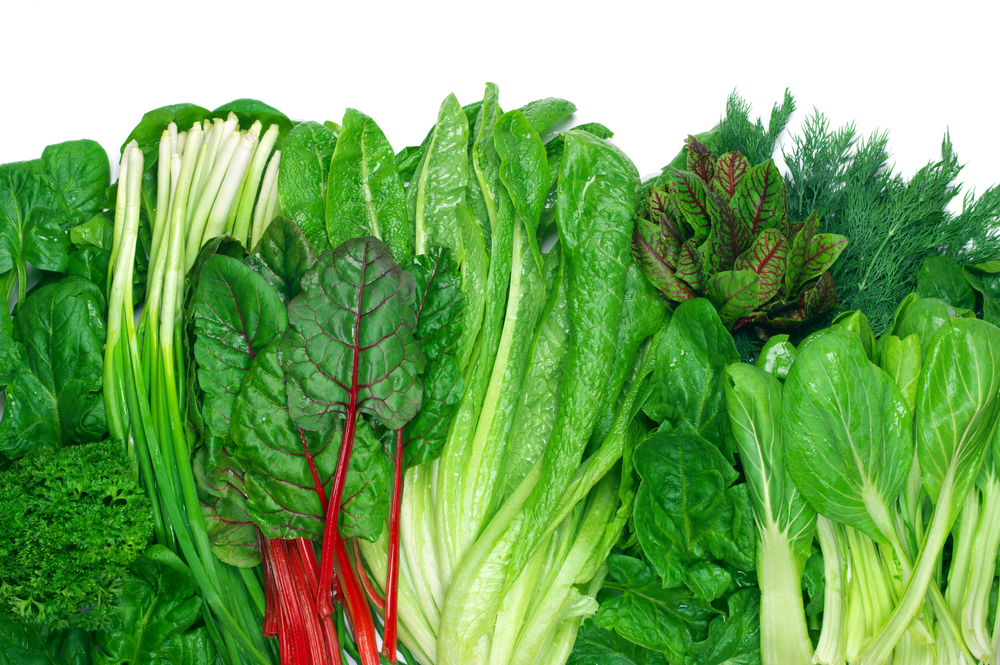You might be thinking, aren’t Folate and Folic Acid the same thing? The terms are used interchangeably, however they aren’t the same. They have molecular structures, which are “nearly” identical, which is enough to satisfy the requirements in the food industry.
Folate is an essential nutrient that is important for cell growth and the formation of DNA. It supports the nervous and immune system function, which is why folate is recommended during pregnancy.
In some countries their are laws which require folic acid to be added to processed foods such as breads and juices in order to provide the public with the “nutrient”. In Australia, mandatory fortification of foods with folic acid began in 2009.
What is the difference?
Folate is also known as Vitamin B9. It is found in green leafy vegetables, citrus, berries, beans and liver.
Folic acid (also known as pteroylmonoglutamic acid) doesn’t exist in nature. It is scientifically formulated from petroleum derivatives, acids and acetylene.
Side effects of folic acid
· Nausea
· Gas or bloating
· Poor appetite
· Funny taste in mouth
· Trouble sleeping
· Feeling depressed or overly excited
· Irritability
· Skin rash
· Itching
· Redness
· Difficulty breathing
· Rare – cancer of the colon or rectum (taking extremely high levels of folic acid may increase your risk)
The importance of folate for growth
Folate is important for the neural tube development, which occurs in the first 6 weeks of a developing foetus. It is the neural tube that later becomes the brain and spinal cord of the baby.
Limitations of the body to utilise folate
There can be genetic factors which affect the ability of folate to be processed in the body by Methylenetetrahydrofolate reductase (MTHFR). Having a mutation to the MTHFR gene can cause issues such as a deficiency or accumulation of folate in the body.
Folate Deficiency symptoms
If a person is deficient in folate they may experience a range of symptoms such as anaemia, changes in pigmentation of the skin, hair and nails, and ulcers in the mouth. A deficiency in folate also leads to a deficiency in Vitamin B12 which affects cognitive function and nerves. In babies that developed in-utero with low levels of folate (or with mothers who have the MTHFR mutation) they may develop issues such as tongue-tie, feeding and growth problems; or defects of the spine or brain.
Accumulation of folate
An accumulation of folate in the liver can also occur if the MTHFR defect is present. This leads to folate leaching into the bloodstream and can cause more serious health issues to be developed such as Vitamin B12 deficiency and cancer.
Where is folate found?
Folate is found in green, leafy vegetables, beans, citrus, berries and bananas, avocado and beef liver.
Other examples include:
· Broccoli, cauliflower, brussels sprouts, bok choy, cabbage, parsnip, sweet corn, green beans, zucchini
· Spinach, lettuce, asparagus, avocado, celery, green beans, parsley, mushrooms
· Lentils, kidney beans, pinto beans, black beans, soy beans, chickpeas, red kidney beans, haricot beans
· Quinoa, nuts, yeast extracts (Vegemite)
· Oranges, lemons, bananas, berries
Note: This article is about folic acid compared to folate. The same goes for most other vitamin supplements. It’s important to purchase a high quality supplement if you are going down this path as many of them are made with ingredients that aren’t healthy for you.

